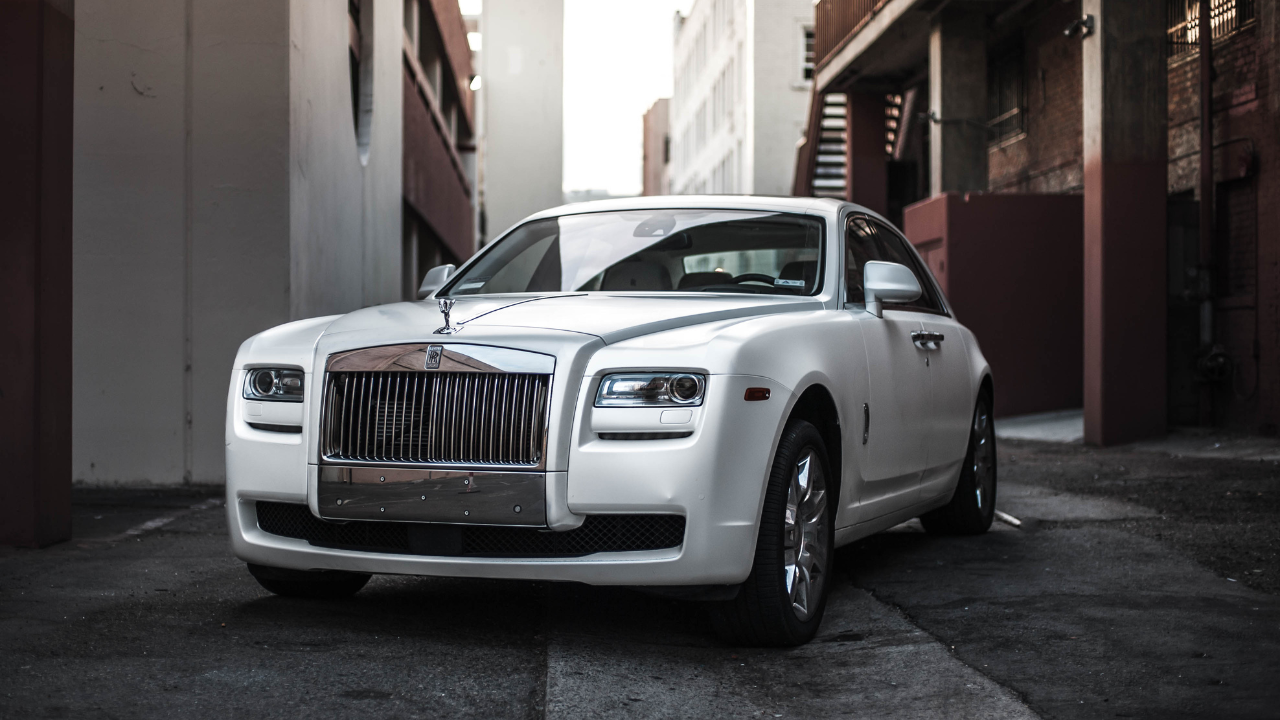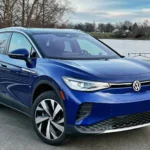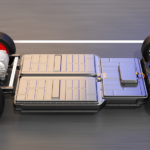

How Electric Vehicles Are Transforming the Automotive Industry
The automotive industry is changing fast because electric vehicles are becoming more popular. This small market is now leading a worldwide push for eco-friendly travel. This change is changing traditional automakers, causing in supply chains , and encouraging more use of eco-friendly methods in car making.
The Shift in the Automotive Industry
Internal combustion engine cars have been the main type of cars for a very long time. Because of more worry about the environment, strict regulations, and better battery technology, electric cars are now very common. This change is not just temporary but a major shift in how cars are made and powered.
Traditional manufacturers of automobiles seem to be rushing into adaptation mode after building their empires using internal combustion engine technology (ICE). Companies such as Ford Motor Company, General Motors and Volkswagen have made announcements announcing ambitious plans for electrifying their entire fleets while investing billions of dollars to develop new models for electric vehicles (EV) together with battery technologies related to them. This means these automakers have moved from emphasizing mechanical engineering towards greater emphasis being placed on electrical engineering besides software design thus requiring an entire overhaul of everything including car designs and manufacturing processes.
Disruption of supply chains
Moreover, there’s disruption caused by electric vehicles (EV) in the conventional automotive supply chains. The systems for ICE vehicles are made up of complicated supplier networks dealing with engines, gearboxes and exhaust systems among others; however, in the case of EVs, they are either not needed or modified to a great extent. On the other hand, EVs require batteries, electric motors and specialized electronics which means that new suppliers have emerged while existing ones must also focus on these new technologies.
Even more importantly, this has caused battery production become an area of focus among researchers . The reason being that batteries are the most expensive part of an electric vehicle (EV). As a result, they need a supply chain that employs raw materials like lithium, cobalt, and nickel. Consequently, there has been increased competition for these items and the emergence of new mining processes along with recycling techniques. To ensure consistent production of these important elements automobile companies have begun to work with battery makers on partnerships or even getting into the mining industry themselves.
There is an increasing momentum towards more sustainable supply chains due to the shift towards EVs by many automobile manufacturers. They are now looking for materials whose extraction does not affect people negatively or harm environment leading to battery recycling innovations as well as using alternative substances that cause less damage to nature.
A Broader Movement Towards Sustainability
In addition to technological and logistical obstacles, the emergence of electric vehicles (EVs) forms part of a greater movement towards sustainable development in the automotive industry. This transformation is fueled by both consumer demand for environmentally friendly products and regulatory policies designed to reduce carbon emissions.
Globally, governments are coming up with various forms of policies that promote EV incorporation including subsidies, tax incentives as well as banning traditional vehicles that have exceeded the set levels of carbon dioxide emissions. Automobile manufacturers are producing more electric cars and, at the same time, they are pledging to create cleaner production systems and source their energy from renewable sources.
Urban planning and infrastructure changes have also been influenced through this EV-based approach. Cities have started putting money into building charging stations for electric vehicles (EVs) within them or near various public facilities such as malls while redesigning their cities so that there will be enough room for these cars’ movement all over town. This way “smart towns” where EVs play an important role in eliminating pollution and enhancing living standards gradually emerge.
Conclusion
Electric vehicles are not merely signs of progress in technology but also signify important changes in the entire automobile industry. Traditional carmakers now face pressure for innovation, while supply chains have to be redesigned and environmentalism given priority. If this trend persists, we will witness an automotive sector that is less harmful, more effective and attuned to the realities of our time.
Add a comment Cancel reply
Categories
- Car News (4)
- Car Reviews (3)
- Electric Cars (2)
- EV Battery (1)
- EV Charging (3)
- EV Testing (1)
- Uncategorized (1)
Recent Posts
Related posts


How to Maximize Your Electric Car's Battery Life









